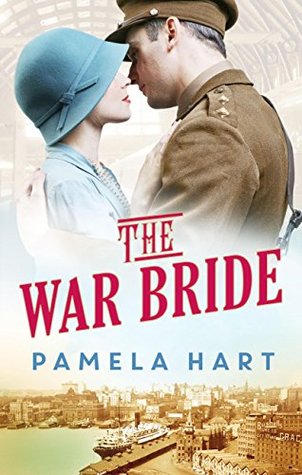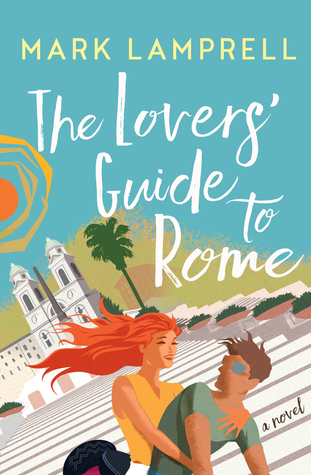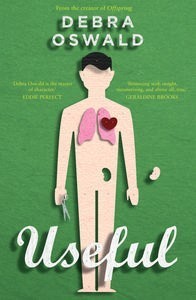
Book Review: The War Bride by Pamela Hart
One of my favourite books of 2015 was Pamela Hart’s The Soldier’s Wife. I gave it 5/5 and added it to my ‘favourites’ shelf. So, how does its sequel, The War Bride stack up?
The Soldier’s Wife introduced the character of Tom McBride, a character I fell in love with whilst reading that first book. I was so ecstatic to see him again featured, but…
I didn’t love The War Bride as much as its predecessor and surprisingly, if I had to narrow it down to one thing I would probably say that it was Tom.
I just didn’t feel like Tom, the chapters written from his point of view, his plot, or his interactions with the other lead characters held my interest as much as I expected. I didn’t feel his chemistry with the leading lady, Margaret, either. (I thought his and The Soldier’s Wife’s Ruby’s scenes were more passionate.)
On saying that, however, there’s a lot to love with The War Bride, and Pamela Hart’s writing.
This book is set post-WW1, a few years later than The Soldier’s Wife. Englishwoman Margaret is the war bride of the title. She married Aussie Frank in haste before he was shipped off to the front (and his possible early grave). Finally, once the war is over, she travels to Australia to be reunited with her husband. Only, due to a series of misunderstandings and breakdowns in communication, she arrives in Sydney to be informed her husband has abandoned her to live with a woman he was in a relationship with prior to meeting Margaret. This is where my previously-beloved Tom steps in, assisting Margaret with the problems she will now face living alone in a new country.
One of the things I admired about The Soldier’s Wife was that a lot of the characters were neither completely good nor bad. I noticed this again. You feel for all the characters and their situations and their decisions and it’s difficult to become firmly #teamTom or #teamFrank.
While The Soldier’s Wife’s Ruby coped with a myriad of social issues, Margaret too faces bigotry and ignorance that seems so incredibly silly in 2016. (What will life be like in 2116?!!?)
The inclusion of the Catholic versus Anglican versus Protestant stupidity is handled well and serves as a good lesson to those judging others today because of their chosen religion.
The difficulty in gaining a divorce in the early 20th century is a revelation, and I enjoyed Hart’s research in this arena and its inclusion into the storyline.
Other topics covered include homosexuality, sex before marriage, lack of employment benefits, child welfare, and PTSD. Again, like in The Soldier’s Wife, I like how Hart still makes the novel’s narrative flow effortlessly when including these things.
The book is set in Sydney and I thoroughly enjoyed all the descriptions of the city, in particular the beaches and ferries. The emergence in Australia of swimming and surf lifesaving was great fun.
If there is one other thing I’d like to change it would be the time it took to reach the climax. I think it was around the 90% mark on my ereader when a couple of events occurred (no telling, spoilers, although I did think some of it was obvious) that caused me to gasp and cry. Upon reflection, I think the events straight after this mark should have taken a touch more time to sort themselves out. The ending seemed quite rushed.
The War Bride is still a fab read, and I still highly recommend it to everyone, especially those who are looking for a strong read in the historical women’s lit genre. And if Hart wants to write another ‘sequel’ starring Jane, I would happily read it.
(I must stop calling it a sequel. I just want to point out The War Bride is completely stand alone, and you don’t have to read The Soldier’s Wife to understand or enjoy this book.)
4 1/2 out of 5




